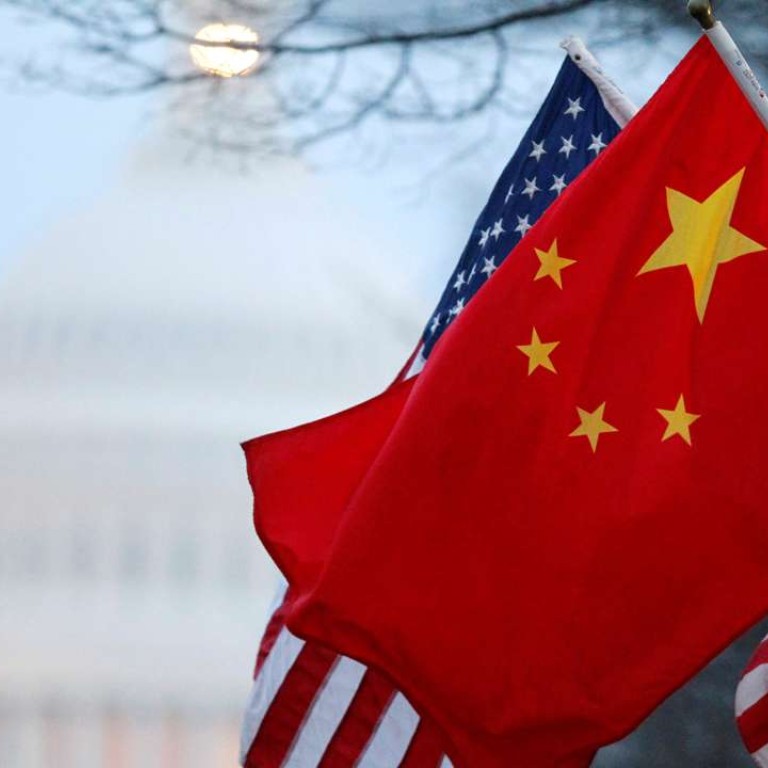
US-China tensions rise, adding further pressure to the offshore yuan
Trump’s seemingly provocative remarks about the ‘one China’ policy have angered Beijing
As US President-elect Donald Trump enters the Oval Office this week, tensions between China and the US have flared once again, adding further pressure to the offshore yuan and bringing a chill to Sino-US relations, analysts are warning.
Trump’s seemingly provocative remarks about the “one China” policy, regarding the status of Taiwan, has angered Beijing and sparked outrage among many.
With China warning it would “take the gloves of” if Trump continues to “impair” the “one China” principle, which China says is the political foundation of bilateral ties, tensions are certainly escalating between the two countries.
As Trump’s January 20 inauguration nears, analysts say risk sentiment will become increasingly fragile and the offshore Chinese yuan (CNH) will stay choppy.
The possible outbreak of a trade war between the world’s two largest economies, and retaliation from China including RMB depreciation, will cast a shadow over risk sentiment and put the CNH under pressure
“All eyes are on Trump’s inauguration speech this Friday,” said Ken Cheung, Asian FX strategist for Mizuho Bank. “Foreign exchange markets appear to be calm, but investors’ mood has turned jittery.”
“The possible outbreak of a trade war between the world’s two largest economies, and retaliation from China including RMB depreciation, will cast a shadow over risk sentiment and put the CNH under pressure,” he added.
And over the past few weeks, the US-China head-to-head over sovereignty of the South China Sea and Trump’s appointment of hardliners to lead US trade policy have also unsettled markets.
“His nominees for US Trade Representative and the Director of Trade and Industry are both vehemently anti-Chinese in their trade outlook,” said Jeffrey Halley, market strategist for Oanda Asia Pacific, the currency data firm
The inference seems obvious that Trump will impose tougher policies on China after he is sworn into office, he added.
Besides the uncertainty about the new president, traders are also cautious about the future policy moves from China.

The Chinese central bank has reportedly asked some banks to stop processing cross-border RMB settlements until they balance inflows and outflows, Bloomberg recently quoted sources as suggesting.
With the PBOC’s manipulation of CNH funding condition, the grip on the currency and capital flows will likely become “unyielding”, added Stephen Innes, a senior trader at Oanda.
That has added to “an unwanted level of confusion” among traders in the offshore market, he said.
The restriction on capital outflows would reduce cross-border flow to the CNH [offshore Chinese yuan] market, suggesting more regular squeezes on CNH liquidity
Ken Cheung from Mizuho Bank agrees.
“The restriction on capital outflows would reduce cross-border flow to the CNH market, suggesting more regular squeezes on CNH liquidity,” he said.
In addition, the volatility of the US dollar is putting traders on edge.
The greenback has been suppressed recently, as the so-called “Trump rally” lost momentum.
“Trump’s press conference last week was disappointing, which failed to unveil detail on his stimulus plan, (thus) investors have lowered their expectations on his inauguration speech and reduced their long-term US dollar positions,” Cheung said.
He added the one-way rally for the dollar following Trump’s victory has probably run its course, suggesting more two-way movement in the US currency and CNH in future.
Cheung expects the offshore yuan to continue its depreciation in 2017, and has set an end-of-year target of 7.17 to the greenback.

